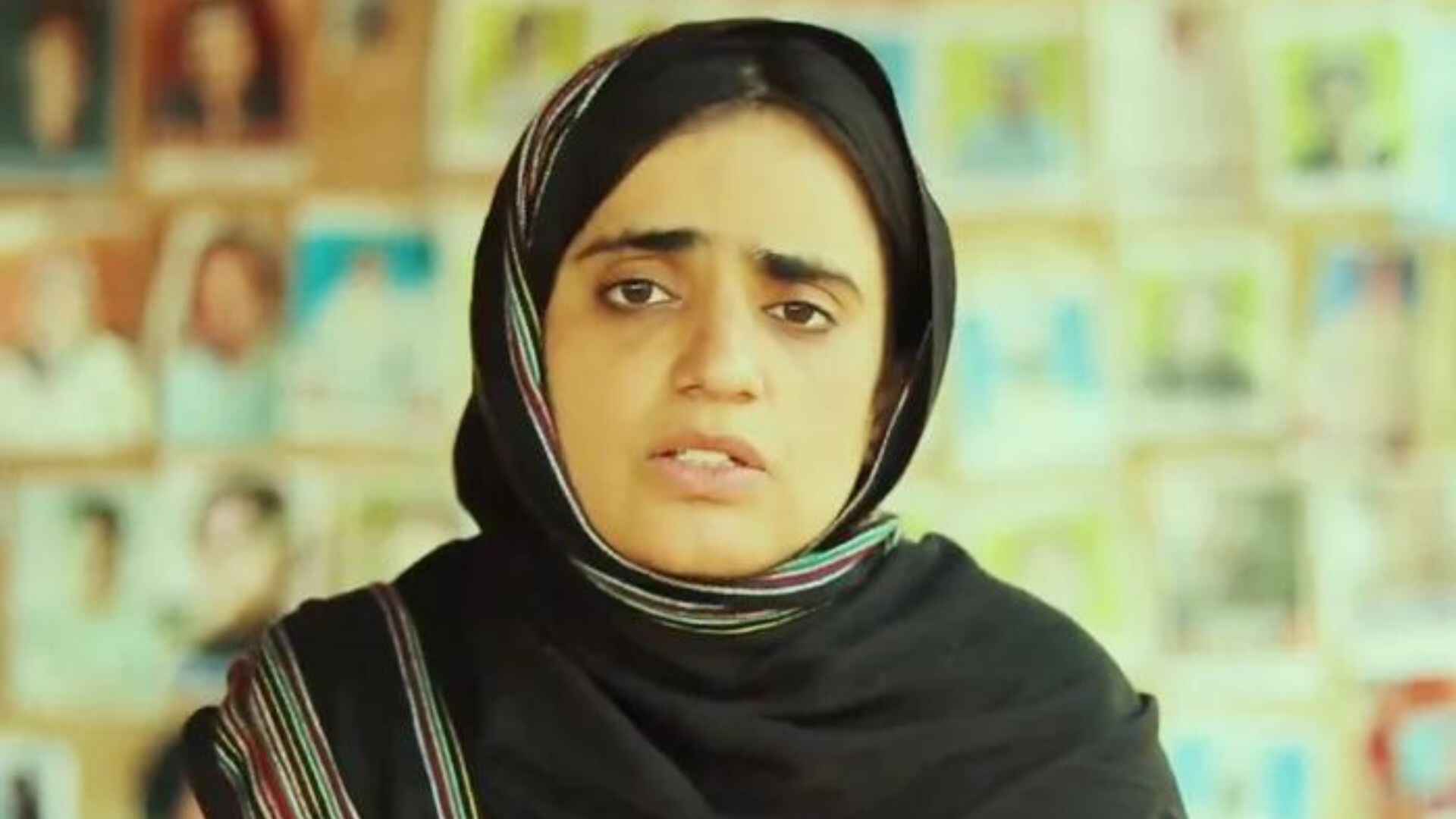Prominent Baloch rights activist Dr. Mahrang Baloch continues to remain in custody weeks after her arrest during a peaceful protest in Quetta on March 22. She, along with other leaders of the Baloch Yakjehti Committee (BYC), was charged under the Maintenance of Public Order Act (3MPO), a legal provision frequently used in Pakistan to detain political workers without trial.
The court was expected to deliver a verdict last Friday, but sources say the decision has been repeatedly delayed under pressure from Pakistan’s intelligence agencies. Security officials are reportedly demanding Dr. Baloch sign off on a series of restrictive and legally questionable conditions in exchange for her release — all of which she has categorically refused.
According to journalists and those close to her, these conditions include disavowing any link to so-called “terrorist” activities, pledging not to associate with any group that may incite public unrest, cooperating with government institutions on religious matters, reporting “suspicious” activities or individuals to the police, and seeking police permission before leaving home or meeting anyone. She is also reportedly barred from visiting schools, parks, stations, airports, or participating in any public gathering without prior approval.
Legal experts and human rights defenders have condemned these demands as unconstitutional and equivalent to extrajudicial house arrest. They argue that such terms violate fundamental freedoms guaranteed under Pakistan’s constitution and international human rights law.
In response to her continued detention and the broader crackdown on the BYC, large-scale protests have erupted across Balochistan, including in Turbat, Panjgur, Gwadar, Khuzdar, Surab, Nushki, Kalat, and Awaran. These demonstrations have seen participation from students, women, and the elderly, calling for the release of Mahrang Baloch and an end to enforced disappearances and state violence in Balochistan.
Authorities have responded with force — arresting activists, imposing Section 144 in various districts to ban public gatherings, and using batons, tear gas, and even live fire to disperse crowds. FIRs have been registered against numerous protesters. Internet shutdowns and road blockades have also been reported in several areas.
At the same time, the Balochistan National Party (BNP) has been staging a sit-in near Quetta for the past three weeks. The government has sealed the city with shipping containers in an attempt to prevent further mobilization.
Global rights organizations and international observers have also raised concerns. Many have called on Pakistan to immediately end its crackdown on the BYC, release all detained activists, and respect democratic freedoms.
The Baloch Yakjehti Committee, led by a coalition of female organizers including Dr. Baloch, continues to hold sit-ins and rallies demanding justice. Protesters have vowed to expand their movement if the state does not halt its repressive actions.

